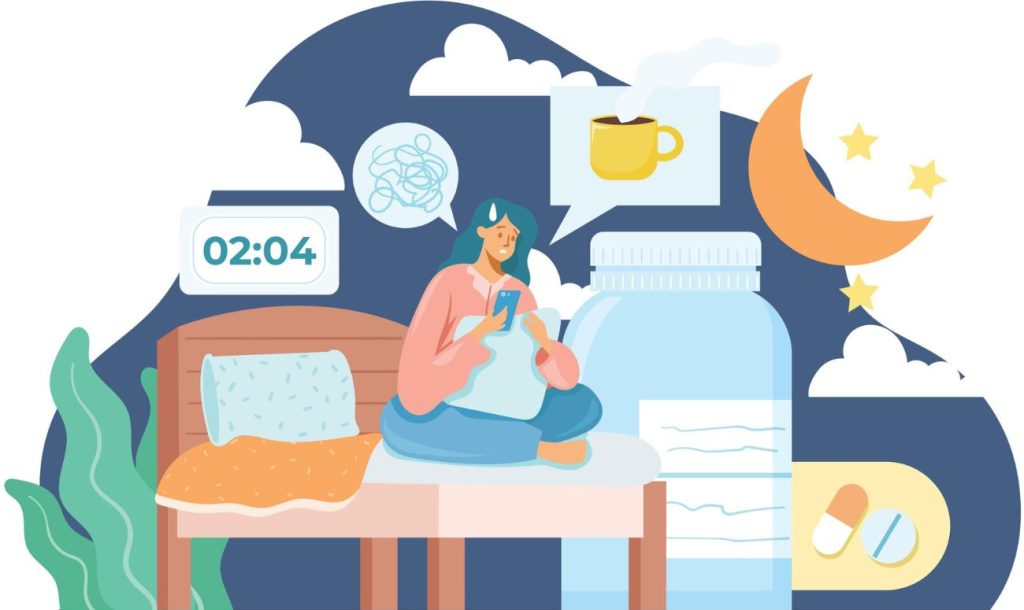Sleep therapy, commonly referred to as cognitive behavioural therapy for insomnia (CBT-I) or sleep counselling, is a non-medical method of treating sleep disorders and enhancing sleep quality. It is a methodical, scientifically proven therapy that, as opposed to depending exclusively on medication, aims to address the underlying causes of sleep problems.
Working with a qualified expert who specialises in sleep disorders, such as a sleep psychologist or therapist, is what sleep therapy involves. The therapist leads the client through a variety of methods and tactics to encourage improved sleep. Depending on the client’s preferences and needs, therapy sessions may be held either alone or in groups.
Finding and changing habits, beliefs, and behaviours that cause sleep issues is the main objective of sleep treatment. It seeks to increase overall sleep time, shorten the time it takes to fall asleep, and lessen nightly awakenings. Sleep treatment can help with a variety of sleep disorders, including sleep apnea, restless legs syndrome, and shift work disorder. It is particularly useful for treating chronic insomnia.
CBT For Insomnia And How Beneficial It Is
The systematic and scientifically supported psychological therapy known as Cognitive Behavioural Therapy for Insomnia (CBT-I) aims to treat the root causes of insomnia and enhance sleep quality. Numerous studies have shown that it is helpful in treating persistent insomnia, making it the gold standard treatment.
The idea behind CBT-I is founded on the knowledge that sleep problems are frequently made worse by harmful thoughts, behaviours, and routines. The goal of CBT-I is to interrupt the cycle of insomnia and encourage improved sleep habits by recognising and altering these causes.
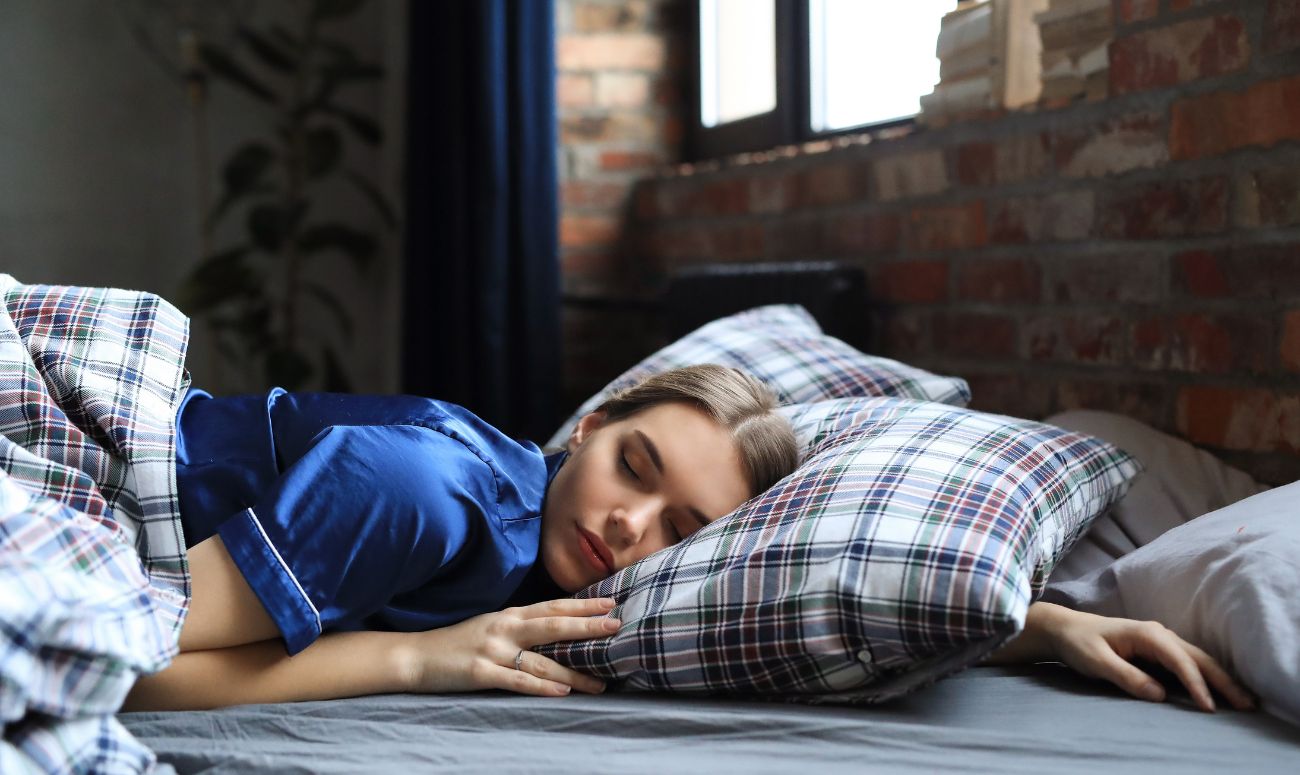
Research studies have provided full evidence of the advantages of CBT-I. Some of the benefits are as follows:
- Effects that last: CBT-I tries to tackle insomnia’s underlying causes rather than merely its symptoms. Because of this, it frequently results in long-lasting changes in the quality of sleep and the continuation of healthier sleeping patterns even after therapy is over.
- Reduction in medical dependence: CBT-I can assist people in lessening or doing away with their dependency on sleep aids. It offers an alternate method of treating insomnia without the dangers of side effects or problems with dependence linked to long-term pharmaceutical use.
- Sleep quality: Better sleep quality obtained by CBT-I can lead to better daytime functioning, including increased mood, cognitive function, and general quality of life.
- Empowerment on a personal level: CBT-I enables users to actively manage their sleep issues. Individuals acquire strategies they may use on their own to uphold healthy sleeping patterns and successfully handle any future sleep issues through training and the development of skills.
To cure sleep disorders and enhance sleep quality, a variety of sleep therapies and treatments are available.
Sleep Therapy To Cure Sleep Disorders
1. Bright Light Therapy
To help the body’s internal clock regulate sleep cycles, bright artificial light is exposed to the body, usually in the morning. It is frequently used to treat circadian rhythm sleep problems, including shift work disorder and delayed sleep phase disorder.
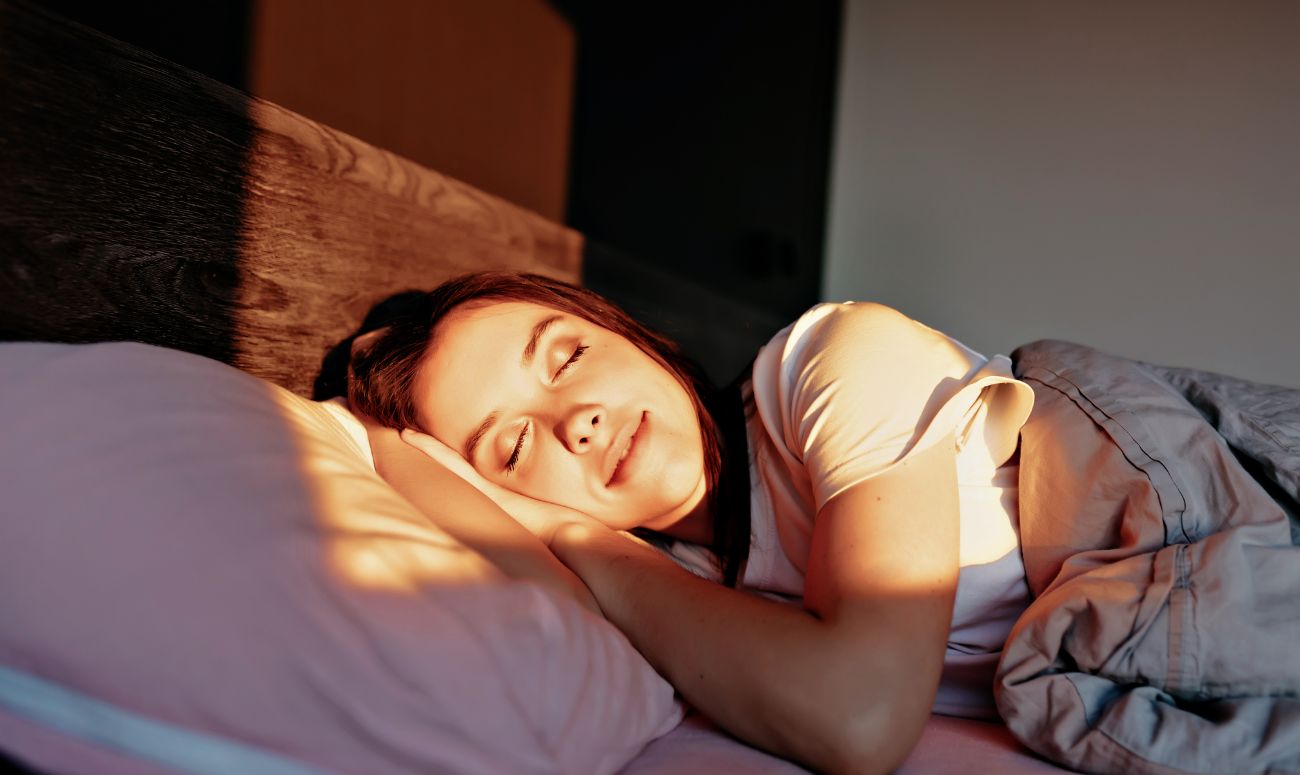
2. Sleep Restriction Therapy
By temporarily reducing the amount of time spent in bed, sleep restriction therapy tries to increase the quality of sleep. It improves sleep drive and consolidates sleep by limiting time in bed to match actual sleep time.
3. Relaxation Techniques
Relaxation techniques are used to calm the mind and body, reduce arousal, and assist in the start of sleep. Examples include progressive muscle relaxation, deep breathing exercises, guided imagery, and mindfulness sleep meditation.
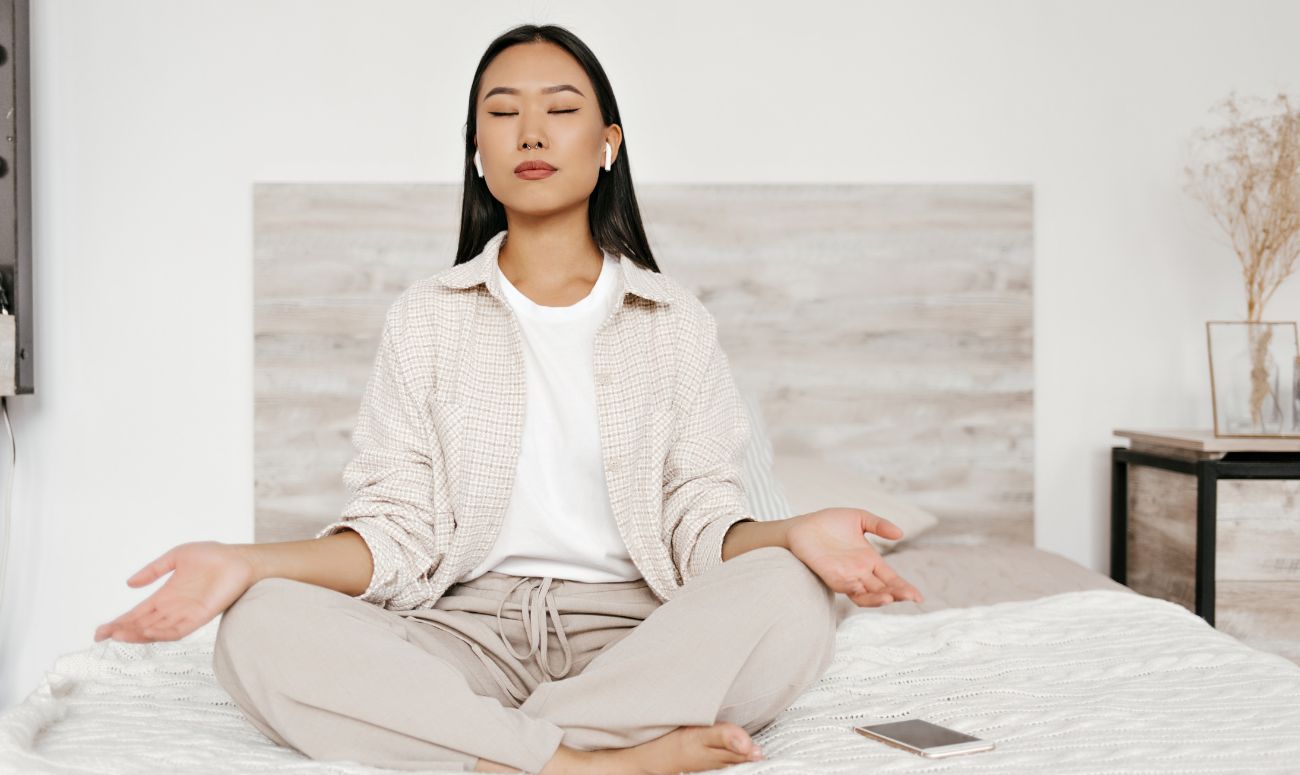
4. Sleep Hygiene
Sleep hygiene involves offering advice on developing healthy sleeping routines and practices. This can involve sticking to a regular sleep schedule, adopting a soothing evening routine, making the bedroom a comfortable place to sleep, and avoiding stimulants like the phone in the hours before bed.
5. Continuous Positive Airway Pressure (CPAP) Therapy
The main treatment for obstructive sleep apnea is CPAP therapy. It involves sleeping with a mask over the nose or mouth that continuously provides air in order to keep the airways open and avoid breathing interruptions.
A good night’s sleep can be affected by a wide range of things, including sickness, household responsibilities, and stress at work. It makes sense why getting good sleep can be difficult at times. It’s possible that you have no control over the things that keep you from sleeping. You may, however, develop routines that promote healthier sleeping. Start with these easy tips.
5 Easy Tips To Sleep Better
1. Limit your use of electronic devices.
The blue light that computers, smartphones, and tablets emit can disrupt your sleep. Use blue light filters or night mode settings on these devices, or refrain from using them for at least an hour before bed.
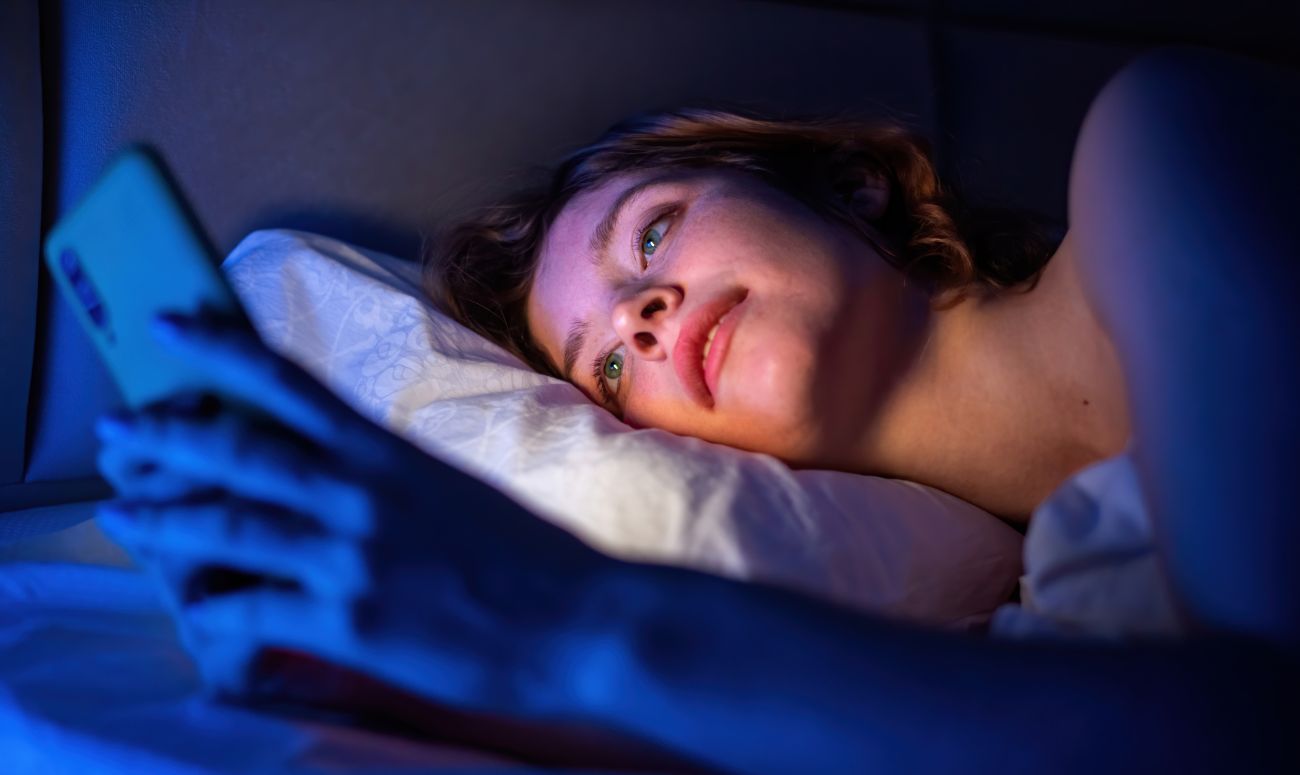
2. Say no to naps.
Avoid taking naps in the afternoon if you have trouble falling asleep at night. Instead, take your naps in the morning. Your sleep schedule may be disturbed by afternoon or evening naps.
3. Create a sleep friendly environment.
Create a relaxing sleep environment by investing in a firm mattress, soft pillows, and breathable bedding that meets your preferences.
4. Regular exercise.
Regular physical activity during the day can help you have a better night’s sleep. But avoid vigorous exercise right before bed because it might have a stimulating impact.
5. Pre-sleep routine.
Create a pre-sleep routine to tell your body it’s time to unwind. Reading a book, having a warm bath, meditating, or listening to relaxing music are some examples of what you can do to achieve this.
A higher quality of life is closely correlated with good sleep. It improves mood, social interactions, total social well-being, physical and mental health, as well as general life satisfaction. To benefit from quality sleep, it’s critical to prioritise and consistently practice healthy sleeping habits.
Read More: 10 Quotes That’ll Give You Clarity Of Thought
Like & Follow ThinkRight.me on Facebook, Instagram, Twitter, Pinterest and Telegram to stay connected.
